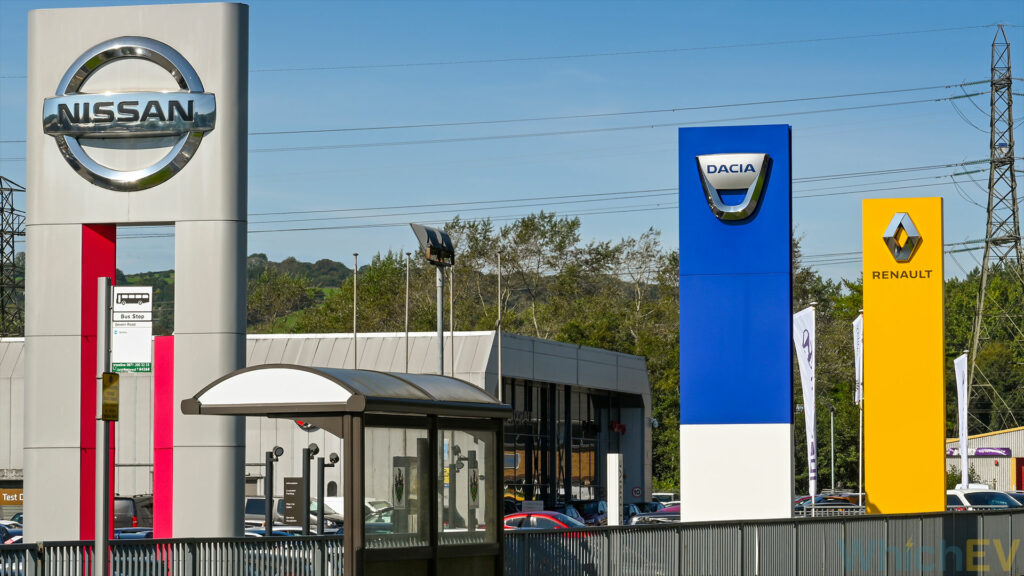French car maker Renault has spent years working out plans for an IPO of its electric vehicle business, under the name Ampere. Rather than going it alone in the rapidly expanding electric vehicle market, Renault has been looking to refresh its relationship with long-term Alliance partner, Nissan. To make this work, both sides have had to put differences aside and to ignore suspicions that have been building since 1999. With Mitsubishi as a likely side-partner, can this renewed team move from generic synergies to a genuine partnership that works to create value for members and shareholders alike?
Around twenty years ago, it was Renault that came to Nissan’s financial rescue – despite the fact that Nissan is the bigger producer of the two. The relationship was deeply strained by the financial scandals that rocked Nissan, under the leadership of former CEO Carlos Ghosn. Yet, through it all, the benefits have been clear and the potential largely unrealised.
Analysts believe that if the new partnership is successful, it could open the door for many new projects in Latin America and India – as well as across Europe. Research from experts like Philippe Houchois at Jeffries still has Renault as a ‘Buy’ opportunity – indicating that the markets feel that there is genuine value to be realised from the new organisation.
From a financial point of view, the long-planned shake-up includes a reduction of Renault's stake in its Japanese partner from 43% to 15%, to match the stake Nissan holds in Renault. Previously, Renault owned over 43% of Nissan, but Nissan’s stake in Renault is just 15%.
Jean Dominique Senard (second left below), Chairman of the board at Renault, told media: “We have been waiting a long time for this moment… we are in a new era.”
The new operation sees a balanced situation, where both sides will own 15% of the other. Renault’s surplus shares are being transferred to a trust – with a view to selling them in an orderly fashion. It’s worth mentioning that the biggest stakeholder in Renault is the French government.
The Japanese are frank about the motivation for the change. Makoto Uchida, Chief Executive for Nissan, has said that “this is not a choice, but a need”, promising to take the companies to the “next level of transformation” needed in a new era.
With the Leaf and Zoe respectively, Nissan and Renault were crucial pioneers at the start of the EV revolution. Intertwining their innovation, R&D, production and support mechanisms will make for a much more competitive animal – but there should be no doubt just how difficult it would be to end such an alliance.
The Japanese and French not only have completely different corporate cultures, there is also the challenge of working across diverse time zones.
Senard says that he is confident that the new partnership can succeed in the EV market, through design, style and by being a more cost-effective operation. He acknowledged the price challenge that will come from China, but said, “This is a bet… We have decided to win this bet.”
Renault’s ability to be price-competitive is clear with its Dacia brand, which recorded its highest ever sales in Europe in 2022 – at nearly 600,000 vehicles. A move from Dacia into the ‘affordable EV market’, would be welcomed across Europe.
Finally, waiting in the wings, is the potential return to the fold of Russian giant car maker, Avtovaz. Should there be a peaceful end to the Ukrainian conflict, Ampere would be in a good position to capitalise.
